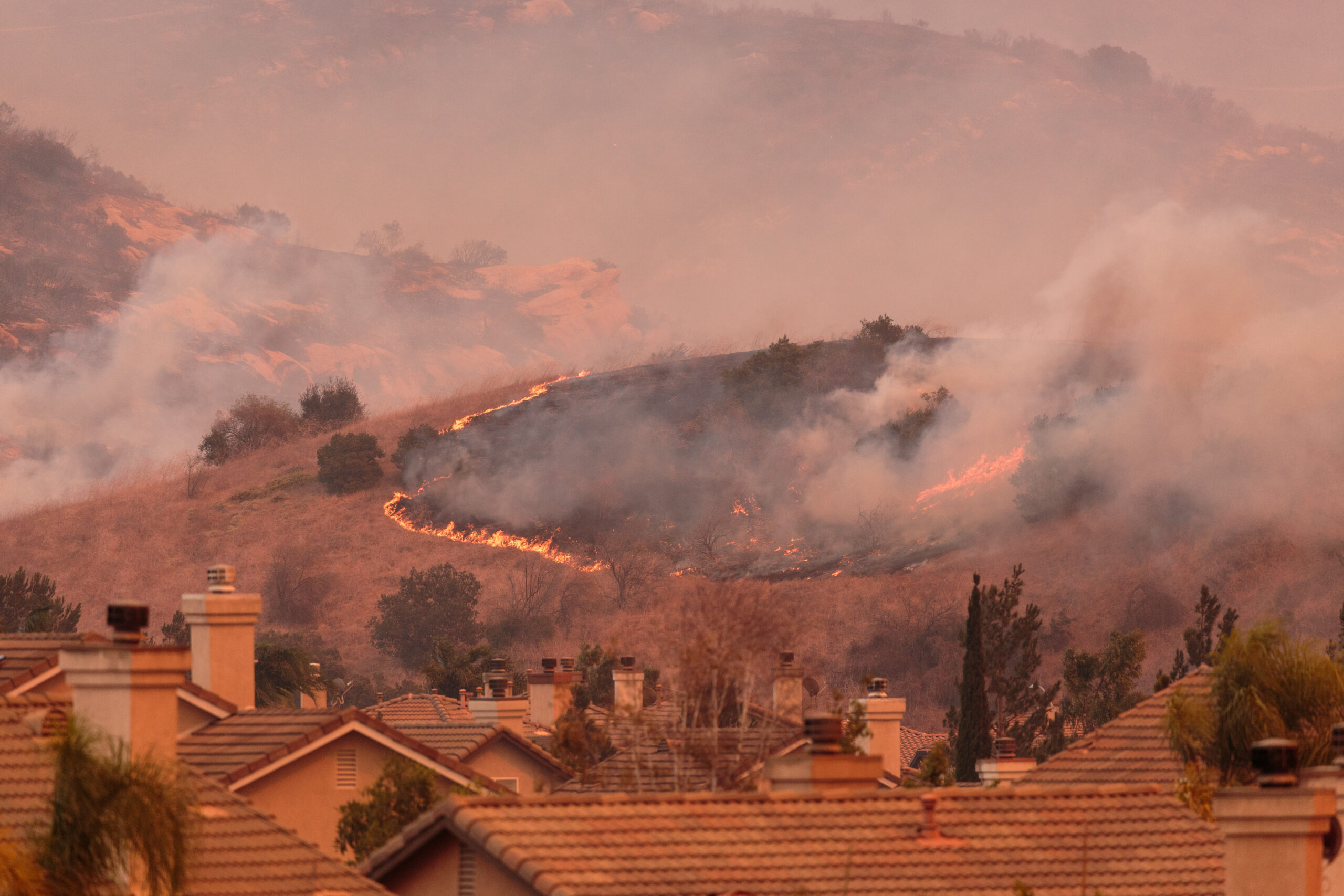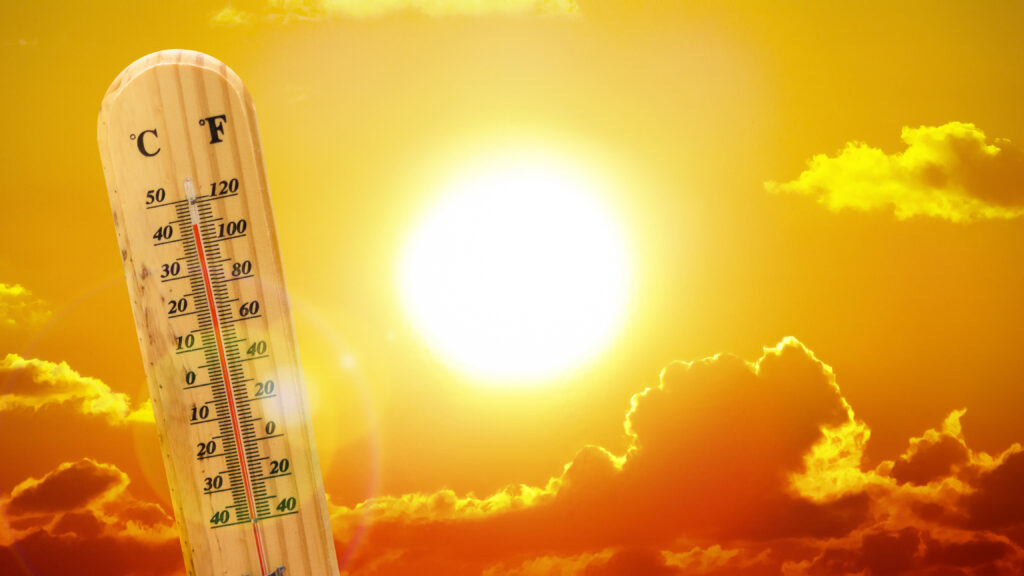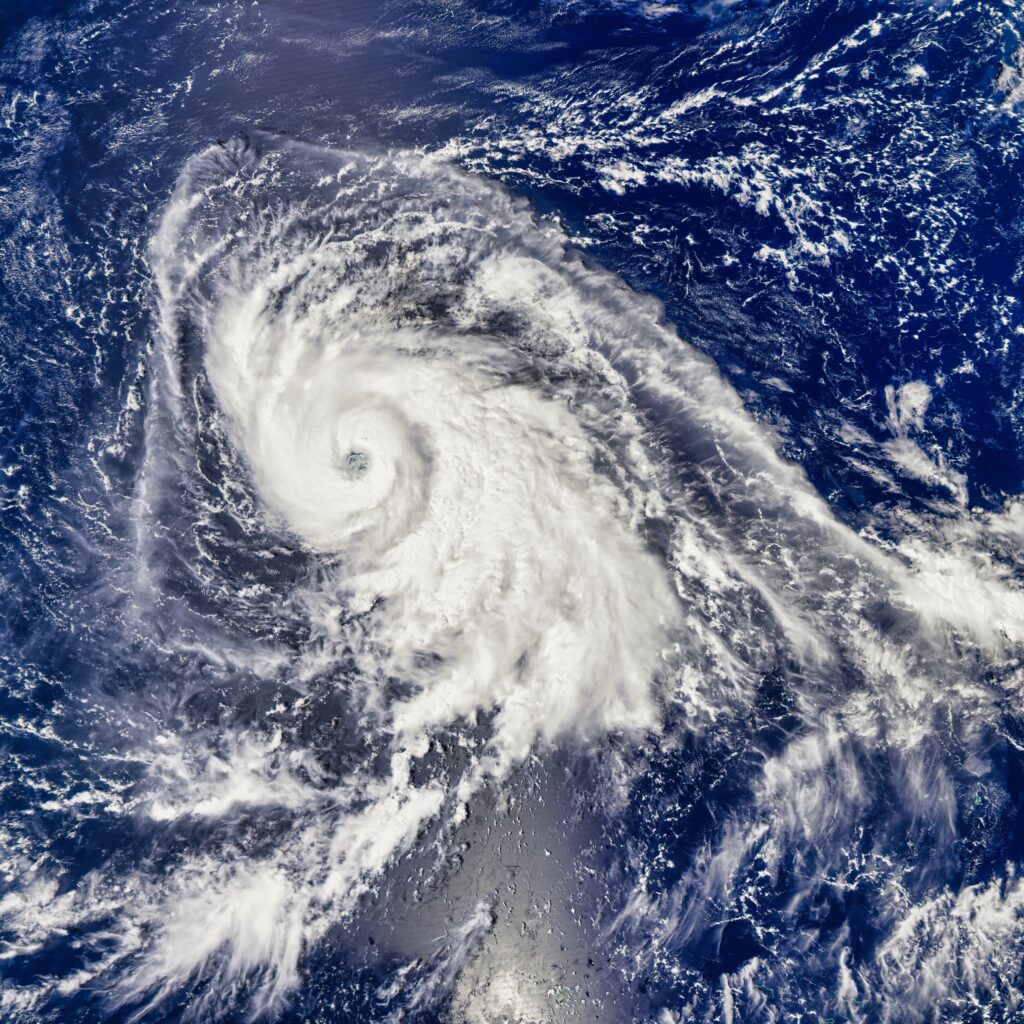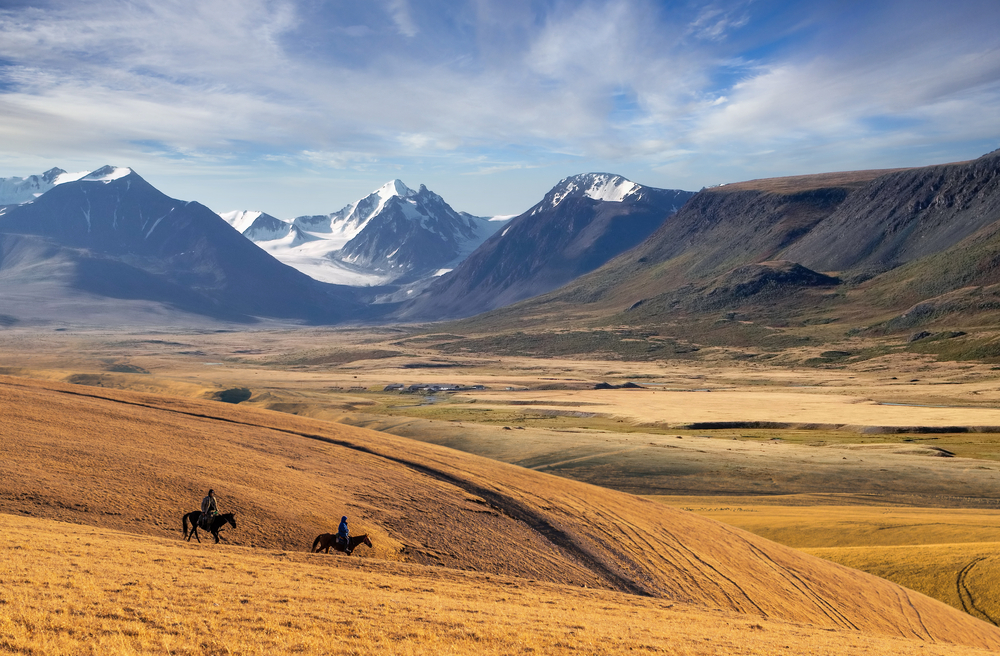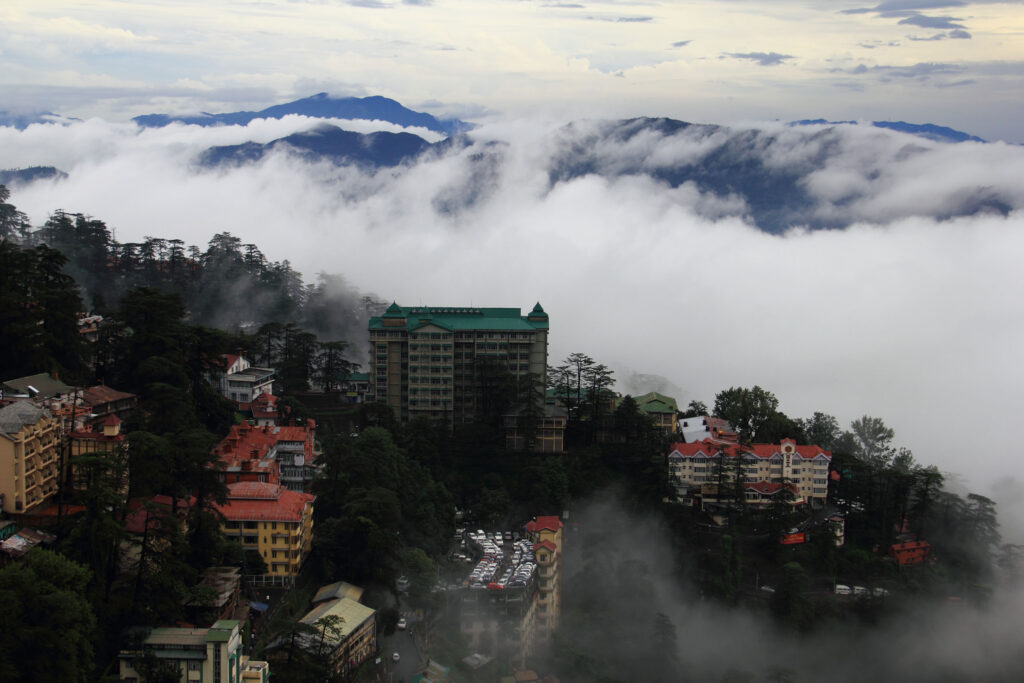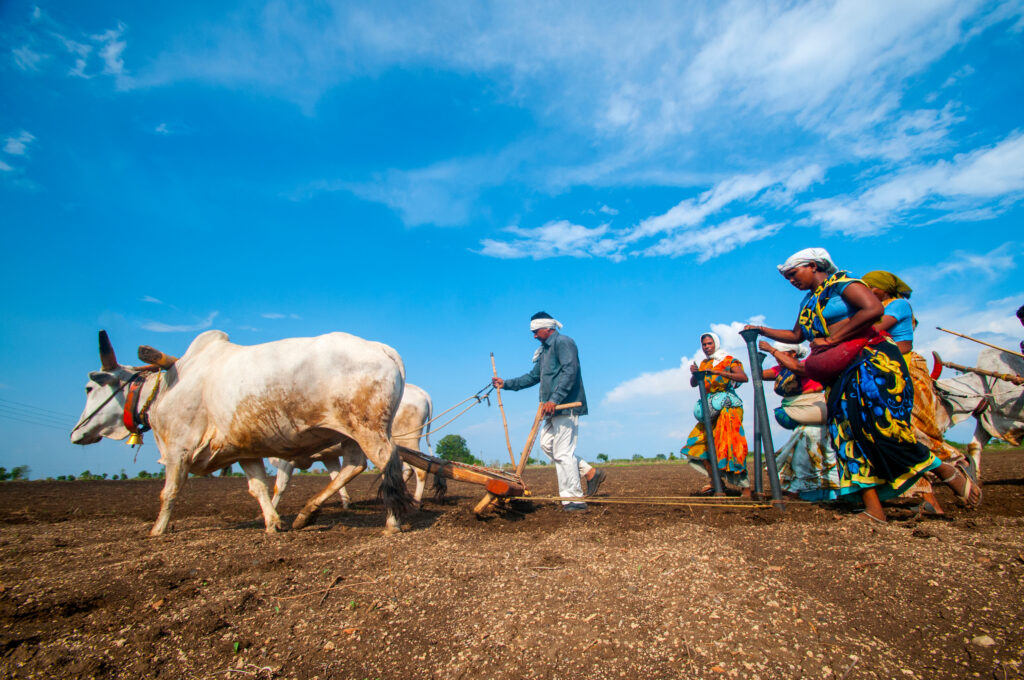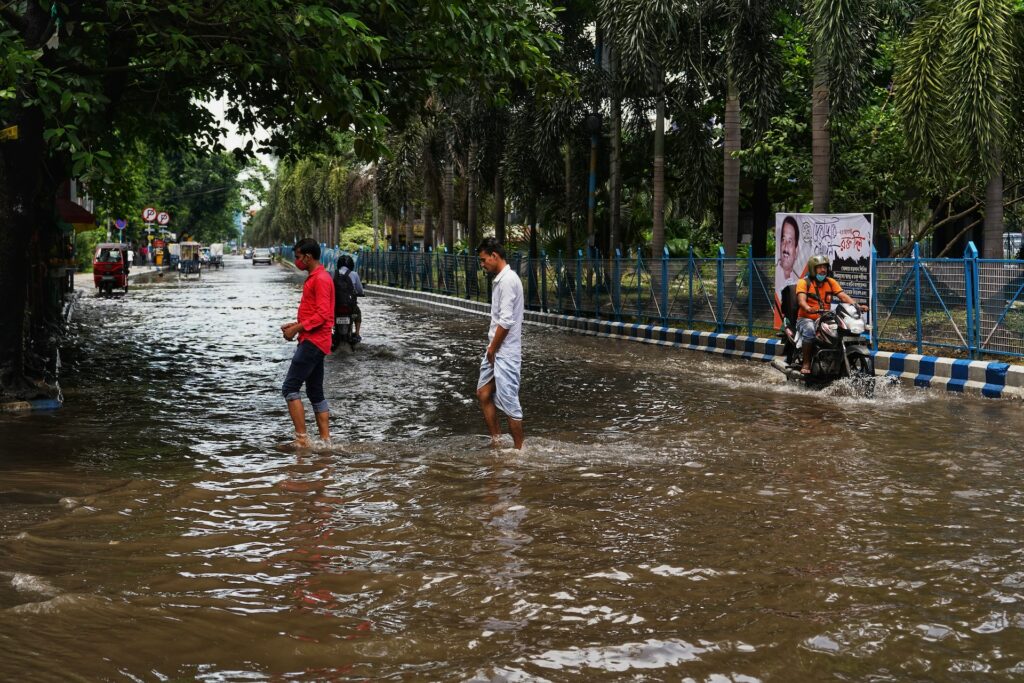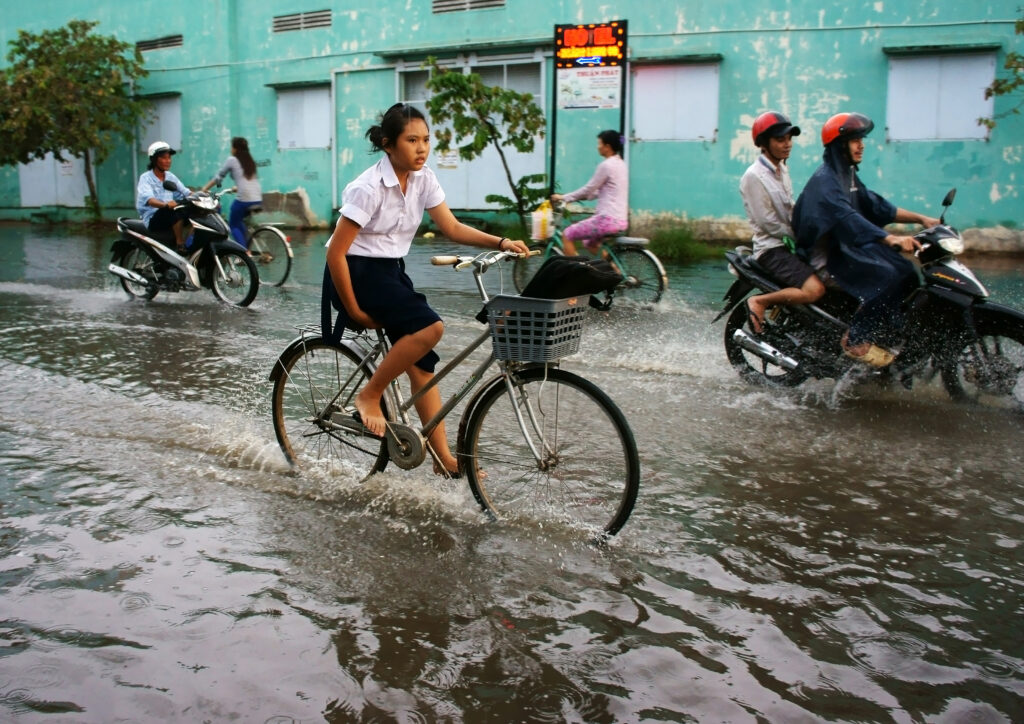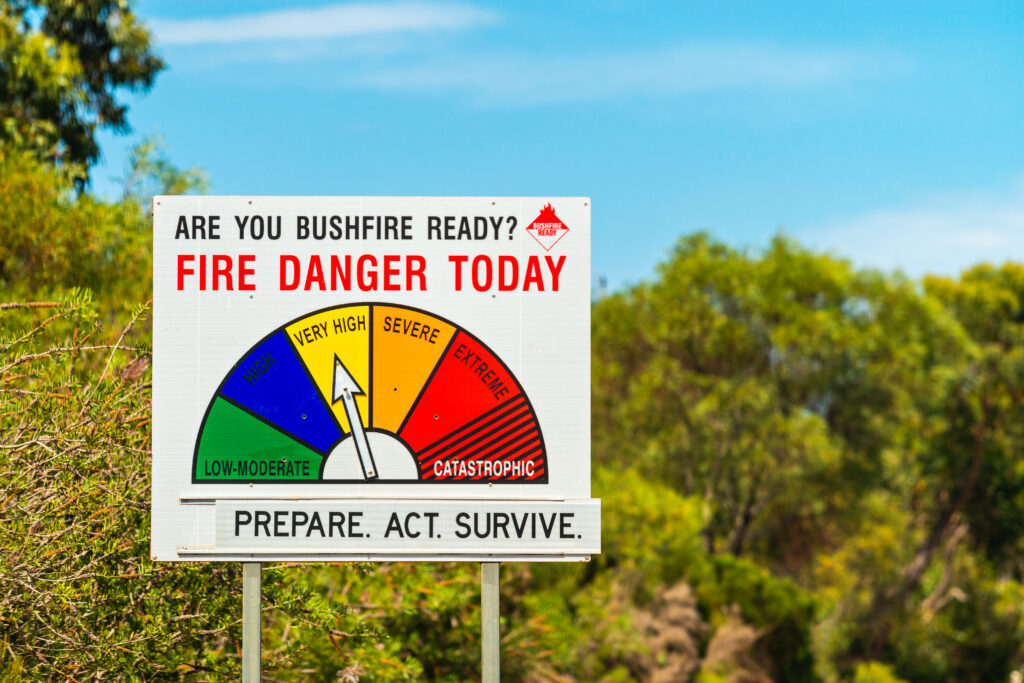The AR6 Synthesis report by the IPCC finds that the effects of global warming are getting worse. However, the world isn’t doing enough to deal with this, and the window for doing so is rapidly closing. As a result of rising temperatures, everything, from communities, their livelihoods, human health and food security, is suffering. Biodiversity and wildlife have also taken a hit, which will only worsen with time if we don’t take action.
Fortunately, the report’s authors note that the world has all the tools to limit global warming and adapt to the climate crisis. However, it must take the necessary steps.
The IPCC Synthesis Report: A Summary
The Intergovernmental Panel on Climate Change (IPCC) warns that without new climate policies, the world is heading towards 3.2°C of warming by 2100.
Its latest report, AR6 Synthesis Report: Climate Change 2023, notes that the world is likely to surpass the 1.5°C target by the early 2030s, which will cause catastrophic warming. Beyond that threshold, climate disasters will become so extreme that people won’t be able to adapt.
The report also finds that human activities have transformed the planet and caused irreversible damage to communities and ecosystems. Meanwhile, the pace and scale of climate action are severely insufficient, with current national plans falling short of what is needed to tame the climate crisis.
From a global perspective, parts of Africa, Asia, Central and South America, as well as the least developed countries, small islands and the Arctic, are of the most concern, as they are the most affected by climate change’s impacts.
The organisation finds that the loss and damage will continue, hitting the most vulnerable people and ecosystems the hardest. This will cause unprecedented costs to people, economies and the environment.
The Adverse Effects of Global Warming
Scientists acknowledge that risks from even low levels of warming are now turning out to be greater than their previous expectations.
So far, the world has warmed to 1.1°C above pre-industrial temperatures. The current goal is to mitigate the future temperature increase to 1.5°C. Doing so is critical for various reasons, including helping to save coral reefs, preserving the Arctic’s ice, preventing dramatic sea level rise, taming the frequency and severity of adverse climate disasters and more.
On the other hand, failure would mean that the world will experience dramatic and unprecedented changes.
More Frequent and Severe Extreme Weather Events
The rising global temperatures and more greenhouse gas emissions will cause more powerful and frequent tropical storms, increasing sea level rise and a higher risk of floods. If the world remains on its current warming track, global flood damage will be four times as high as it would be if people limited temperature rise to 1.5°C.
In fact, every 0.5°C of average global temperature rise will cause significant increases in the frequency and severity of heat waves, rainfalls and droughts.
For example, heatwaves that, on average, struck once per decade will likely occur more frequently. Experts estimate that after an increase of 1.5°C, the events would be four times more frequent, with an intensity of 1.9°C. Meanwhile, an increase of 2°C would warrant 5.6 times more frequency, with an intensity increase of 2.6°C. And at 4°C of temperature rise, these events would be 9.4 times more likely, with an intensity increase of 5.1°C.
The report’s authors warn that such temperature rises risk becoming self-amplifying events, causing irreversible changes to the climate system. For example, should temperatures increase by between 2°C and 3°C, there would be a real risk that the West Antarctic and Greenland ice sheets may melt almost completely.
Irrevocable Damage to Communities, Ecosystems and the Economy
The most probable adverse effects of global warming include dwindling fish populations, significant loss of farm productivity, loss of livelihood, increased migration, a rise in poverty, and a higher risk of infectious disease spread.
In fact, at the current 1.1°C of warming, some coastal communities are already seeing the loss of entire coral reef systems and, as a result, their livelihoods.
However, surpassing the 1.5°C target would also cause local species extinctions and the loss of human lives from increased heat stress. Parts of the world will become practically uninhabitable.
Even limiting warming to 1.5°C won’t be without consequences, with 950 million people likely to face water and heat stress. Furthermore, the share of the global population exposed to flooding will rise by 24%.
Human-caused climate change also harms short-term economic growth by affecting outdoor workers’ agriculture, fisheries, forestry, tourism and labour productivity. It also disrupts supply chains and resource availability.
The Poorest and Least Responsible Will Be Hit the Hardest
Nowadays, up to 3.6 billion people live in regions that are highly vulnerable to climate change. While they all would be affected, the report notes that the worst suffering would be people in the world’s poorest countries and low-lying island nations. The IPCC notes that the risk of mortality from climate disasters is 15 times higher in vulnerable nations than in wealthier parts of the world.
The reason is that these regions have a limited capacity to adapt. At the same time, they account for less than 1% of the world’s emissions.
Furthermore, global climate change would hit food production and availability for the world’s poorest, exposing millions to severe food insecurity. Droughts and floods will likely exacerbate humanitarian crises, driving people from their homes and worsening violent conflicts.
However, scientists warn that climate change has no borders and that the wealthiest nations will also suffer.
A Warning on Adaptation
The synthesis report dives into the thresholds for how much warming people and ecosystems can adapt to. However, it notes that anything beyond 1.5°C of warming will cause extreme climate disasters and ecosystem disruption, which people will find hard to adapt to. As a result, future generations would fail to cope with the changed environment.
Disturbingly, the report warns that the world will likely surpass the 1.5°C target by the early 2030s, reaching a point of catastrophic warming.
In fact, some climate impacts have already grown beyond the point of adaptation, causing losses and damage.
While the effect of adaptation may seem limited, it doesn’t mean that it shouldn’t be a central focus, as adaptation measures can help nations build resilience.
Meanwhile, adaptation measures in many countries worldwide are still in the planning phases, but efforts are primarily reactive and only tackle near-term risks.
Another issue with adaptation is that financing remains scarce. According to the IPCC, developing countries will need at least USD 127 billion annually by 2030. By 2050, the yearly adaptation need is estimated at USD 295 billion. Yet, the current figures are five to 10 times less than what is needed, with the gap widening.
On the bright side, the IPCC notes that if countries ensure the needed financial support, existing adaptation solutions (like ecosystem-based adaptation) can help tame climate risks and build resilience.
According to the IPCC, adaptation and mitigation actions should start immediately. Otherwise, the world risks missing “a rapidly closing window of opportunity to secure a liveable and sustainable future for all”.
The Need For Urgent Near-term Solutions
The IPCC’s report isn’t all doom and gloom. In fact, the UN’s Secretary General, António Guterres, described it as a “how-to guide to defuse the climate time bomb”.
To succeed in this mission, nations should drastically decarbonise their economies by immediately transitioning away from fossil fuels and prioritising deep emissions cuts.
To speed up climate action, the IPCC made a number of recommendations. It advises that governments avoid building new fossil fuel infrastructure and implores stakeholders on national and corporate levels to realise that pushing this agenda is directly endangering the future. It also recommends that the global use of coal, oil and gas, without CCS, should drop by 100%, 60% and 70%, respectively, by 2050 to limit warming to 1.5°C with no or limited overshoot.
The IPCC also advocates the reduction of all greenhouse gases and emissions and awareness of the pitfalls of questionable methods, such as bioenergy with CCS, carbon-dioxide removal and offsetting. It says that governments should recognise the importance of climate change adaptation and its capability to improve communities’ well-being and reduce climate change risks. It is also pushing for the immediate deployment of climate financing available for emission reduction and adaptation.
Fortunately, the report’s authors remind us that the world has all the knowledge, tools and financial resources to achieve its climate goals. The key to doing so is to stop disregarding scientific warnings and prioritise deep, rapid and immediate emissions cuts combined with measures to adapt to the changing world.
The next IPCC report will be released towards the end of the decade. It is up to global leaders to determine what its content will be. While the current report is about options and opportunities, the next will hopefully be about results.
Viktor Tachev
Writer, Bulgaria
Viktor is a writer that specialises in green finance and ESG investment practices. He holds a Master's degree in financial markets and has over a decade of experience working with companies in the finance industry, along with international organisations and NGOs. Viktor is a regular contributor to several publications and comments on the likes of sustainability and renewable energy.
Viktor is a writer that specialises in green finance and ESG investment practices. He holds a Master's degree in financial markets and has over a decade of experience working with companies in the finance industry, along with international organisations and NGOs. Viktor is a regular contributor to several publications and comments on the likes of sustainability and renewable energy.

